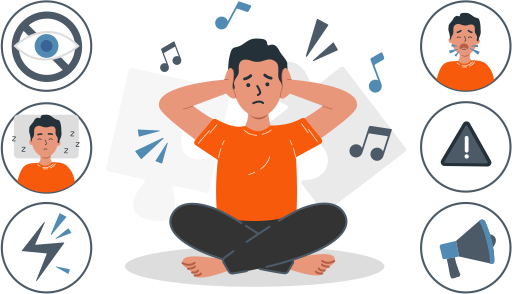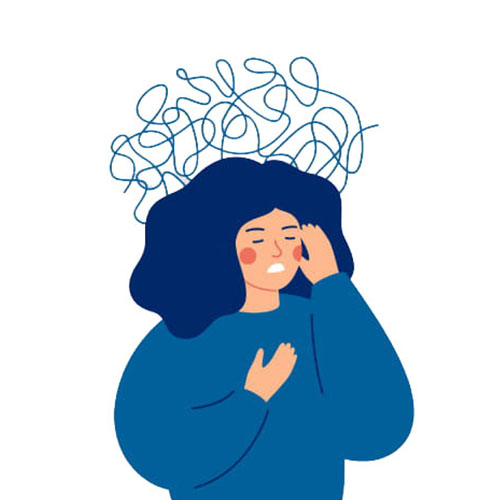

Autism
Autism is a neurodevelopmental condition that influences how an individual conveys, learns, thinks, acts, and collaborates with others. Individuals of any age, gender, and race can have Autism. It is a "range" jumble, implying that medically introverted individuals can have many side effects, qualities, abilities, and backing needs. The medical care local area presently utilizes the umbrella term autism range jumble (ASD) to allude to anybody who falls in this range. Typically, side effects of ASD are present in adults/youth. They can incorporate correspondence troubles, challenges with social cooperation, and dull ways of behaving. A few people with Autism can play out the regular exercises they need to do freely, while others might require significant help. There is no clinical trial to decide if anyone has Autism. Specialists utilize formative observing and screening to choose, and they are frequently ready to analyze a child by the age of 2 years. In any case, a few people with Autism don't get a determination until they arrive at youth or even adulthood. People with Autism might experience issues with correspondence and social communication; limited interests and redundant ways of behaving; and powerlessness to work in school, work, and different everyday problems. Confided in Source.
Causes
The major causes of Autism that are noted scientifically are:
- Having a twin or older sibling with Autism
- Older parental age at the time of conception
- Brain growth disruptions in early development
- Preterm birth
- Certain genetic conditions, such as Down, fragile X, and Rett syndromes
- Deficient birth weight
- Any birth difficulty leading to periods of oxygen deprivation to the baby’s brain
- Maternal obesity, diabetes, or immune system disorders

Symptoms
- The trouble with correspondence and communication with others.
- Limited interests and monotonous ways of behaving.
- Side effects that influence their capacity to work in school, work, and different everyday issues.
- Delayed language abilities.
- Delayed development abilities.
- Delayed mental or acquiring abilities.
- Hyperactive, imprudent, and additionally careless way of behaving.
- Epilepsy or seizure problem.
- Surprising eating and resting propensities.
- Gastrointestinal issues (for instance, obstruction)
- Strange state of mind or close-to-home responses.
Frequently Asked Questions
Health Conditions










